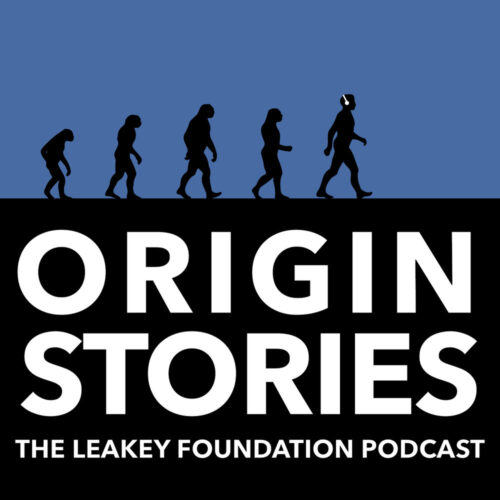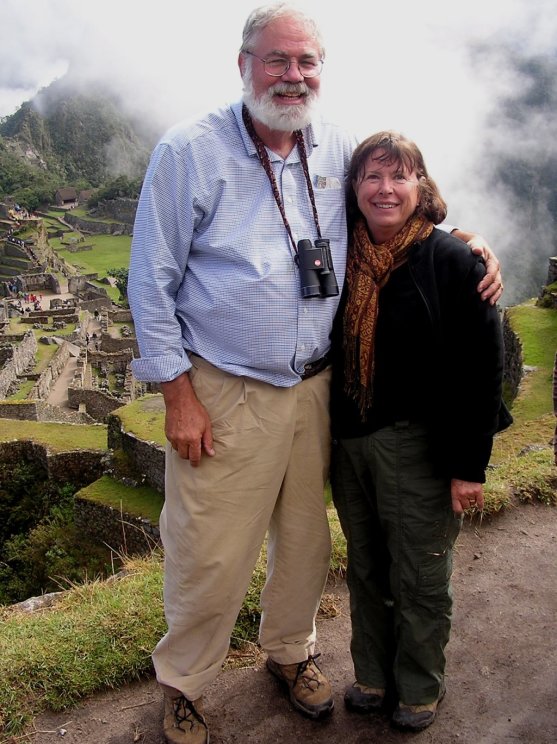Grants | The Leakey Foundation
The Leakey Foundation is proud to announce the 2024 Francis H. Brown African Scholars.
The Francis H. Brown African Scholarship Fund was created in honor of Dr. Francis H. Brown, an eminent geologist who served on The Leakey Foundation’s Scientific Executive Committee for many years. Brown devoted more than five decades to mapping and analyzing the geology of northern Kenya and southern Ethiopia, and his work provided a way to place fossil finds in chronological order.
During his time working in Ethiopia and Kenya, Frank Brown became an expert in not only the geology but also the plant life of the Omo-Turkana basin. He studied several languages, including Kiswahili, Kikamba, Kikuyu, and Turkana. Along the way, he sponsored the education of many Ethiopian and Kenyan university students.
Every year, through this scholarship fund, The Leakey Foundation supports East African students and researchers whose work is focused on the earth sciences or botany related to human origins. Read on to learn more about the 2024 Francis H. Brown African Scholars.
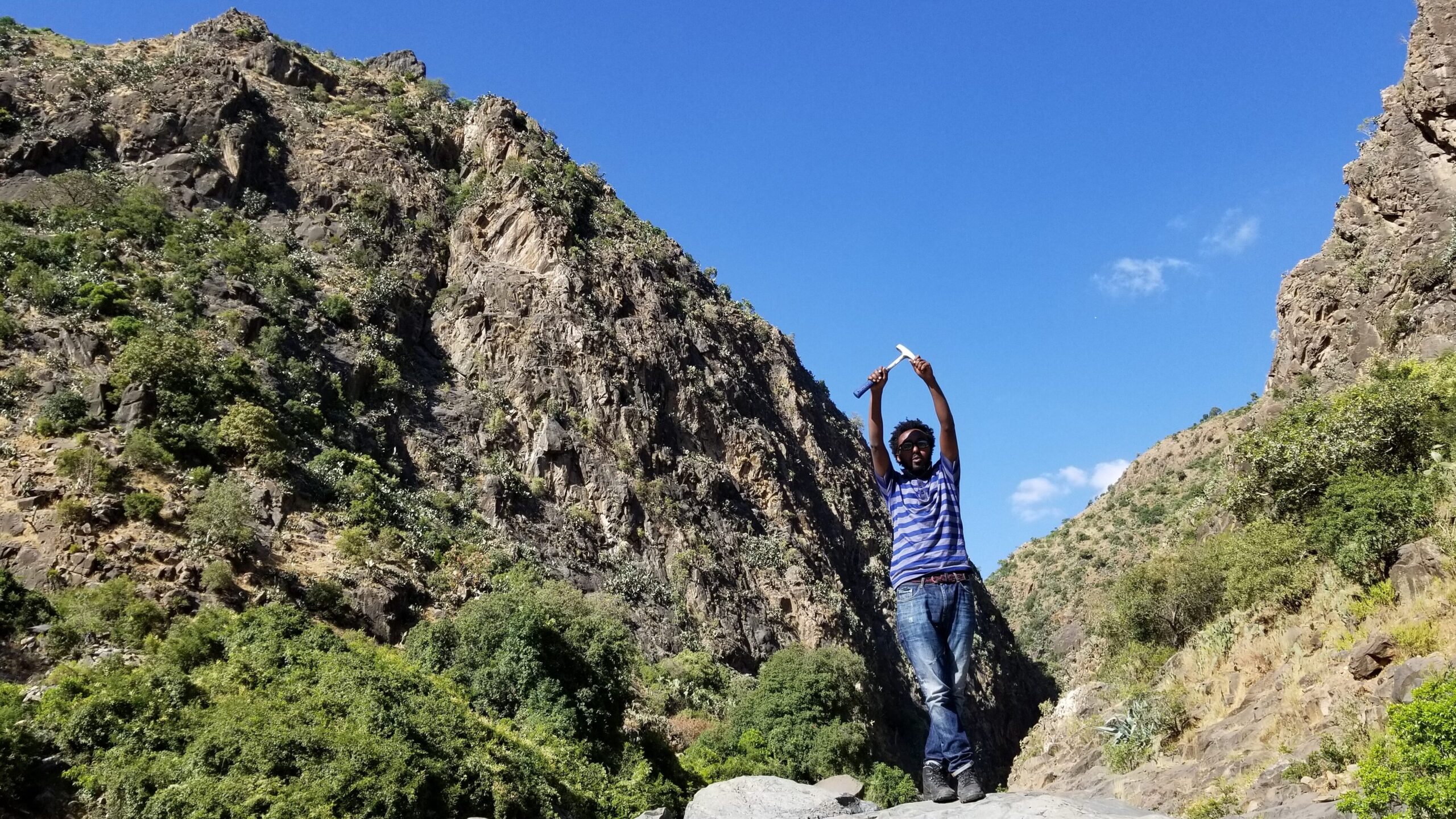
Bahru Zinaye Asegahegn, Ethiopia
Bahru Zinaye Asegahegn is a PhD candidate at the Department of Geosciences of the University of Cologne, Germany, working on his dissertation titled “Why did lakes dry up in the past and what can that tell us about climate change and human evolution?” He obtained a bachelor’s in earth science and a master’s degree in earth sciences (petrology) from the School of Earth Sciences, Addis Ababa University.
The objective of his PhD project is to construct a long, high-resolution, terrestrial paleoclimate record from Ethiopia for the last ~140,000 years based on analysis and systematization of the Haramaya Lake’s paleoclimate record from sediment cores collected in February 2017 for his master’s thesis. He will also use other published lake records in the region and a comparison of the reconstructed proxy data with a regional climate model for the tropical eastern African region. These tools of paleoenvironmental reconstruction will help to establish the environmental context of the origin of our species and then test the competing hypotheses that the movement of AMH out of Africa was climatically ‘pushed’ (higher mobility) or ‘pulled’ (lower mobility). The data generated will also help to give environmental context to several nearby archaeological finds.
Mr. Asegahegn is an academic staff member at Addis Ababa University. He has been on study leave since 2019 to pursue his PhD. Once he has completed his studies, he will be reinstated at Addis Ababa University to assume an assistant professor position.
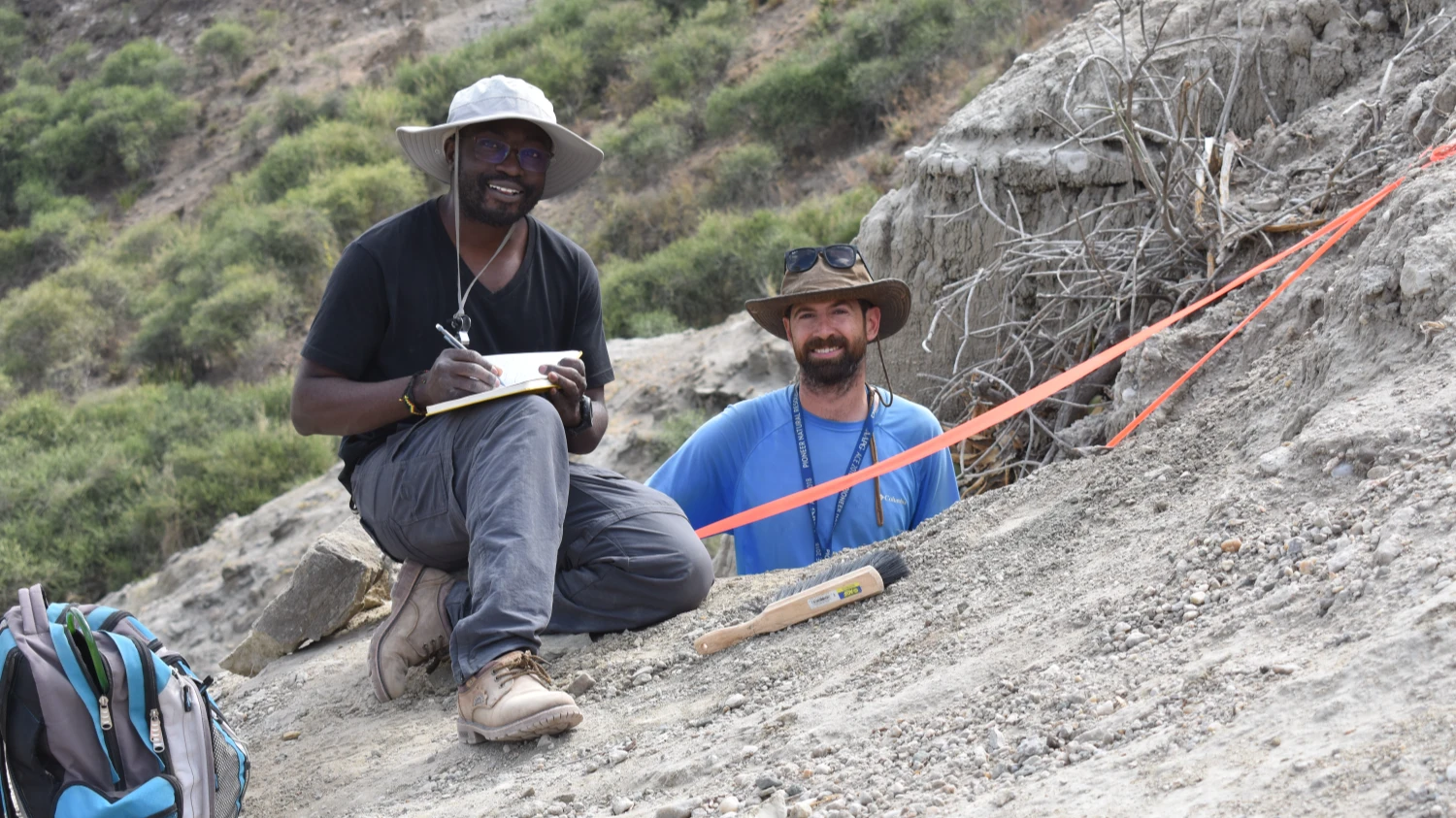
Stephen Magohe, Tanzania
Stephen Magohe is a PhD candidate at the University of Calgary, conducting research focused on the sedimentary strata in the western part of Oldupai Gorge. His work aims to provide age constraints and infer the paleoenvironment of the oldest and archaeologically important strata, which are currently less understood compared to their eastern counterparts. He is also fingerprinting marker tuffs embedded within the clastic deposits west of the fifth fault to correlate them with those well-defined in the east and understand the basin’s evolution over time.
The findings from Magohe’s study are expected to enhance the stratigraphic correlation of the basin, which is essential for understanding its sedimentary evolution and the spatial and temporal changes in the habitat that hosted early Homo. This geological investigation is invaluable to archaeological research, as placing the western gorge into a chronostratigraphic context will aid archaeologists in deciding where to open more excavation campaigns. By addressing a crucial gap in geological and archaeological research in Oldupai Gorge, Magohe’s work is expected to contribute significantly to the international conversation about the area.
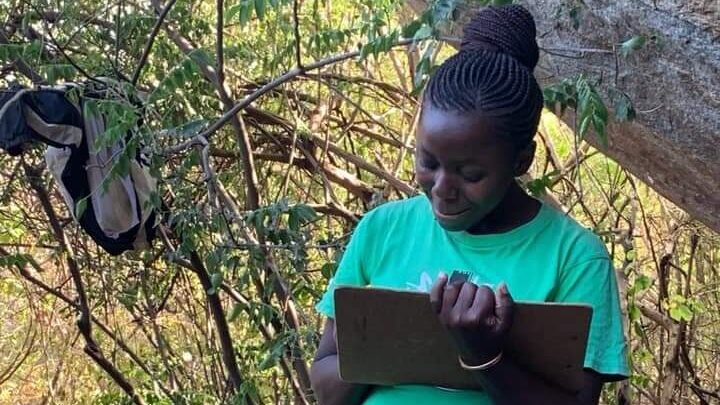
Husna Mashaka, Tanzania
Husna Mashaka is a former Baldwin Fellow who completed her master’s degree with the Department of History and Archaeology at the University of Nairobi, Kenya, in December 2022. She has now enrolled in a PhD program at Arizona State with Kathryn Ranhorn as her advisor.
Husna Mashaka’s research interests center on understanding relationships between humans and their environments in eastern Africa over thousands of years. She uses phytoliths as a proxy for ancient environments. Phytoliths are small-hardened fragments of plant material that form due to silica deposition in plant cells. These silica cells are deposited in the soils when plants die and decay. They become important micro-fossils that can be studied to reconstruct vegetation histories even after actual vegetation is long gone.
She will build on her master’s research to focus more broadly on examining differences in plant ecology from modern plants, soils, and ancient sediments to reconstruct past environments and human-environment interactions in eastern Africa. She is particularly interested in investigating the impacts of hunter-gatherer societies in the Pleistocene and later herding communities in the Holocene on local environments across central Tanzania. To establish these links, she will use phytoliths, pollen, and charcoal from archaeological sites, including Kisese II and Luxmanda in central Tanzania, to examine regional changes in grasslands and other ecologies. The palaeobotanical evidence introduced in this study will add critical information to the existing phytolith reference database for Pleistocene-Holocene environments in Eastern Africa.

